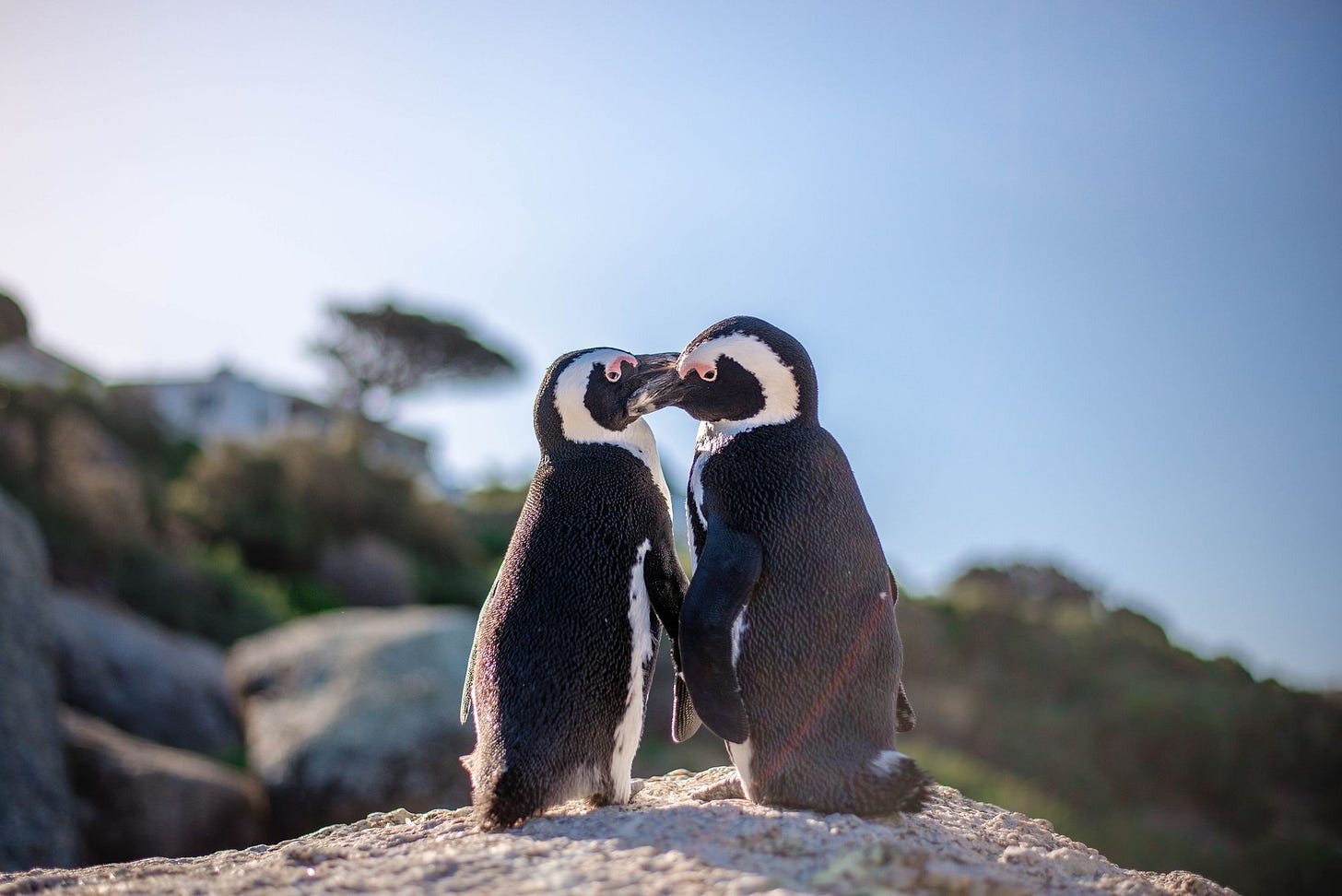Love
Cooperation, cuddles, & yawns
I'm finally feeling better, and more importantly, so is my son!
Last week, I wrote a story about a mage who becomes so powerful he becomes essentially a god. He's very good at manipulating biology — later known as The Realmwalker, Savali is the guy who created the lactating egglayers I've been writing so much about lately. In the pre-history of Verraine…


